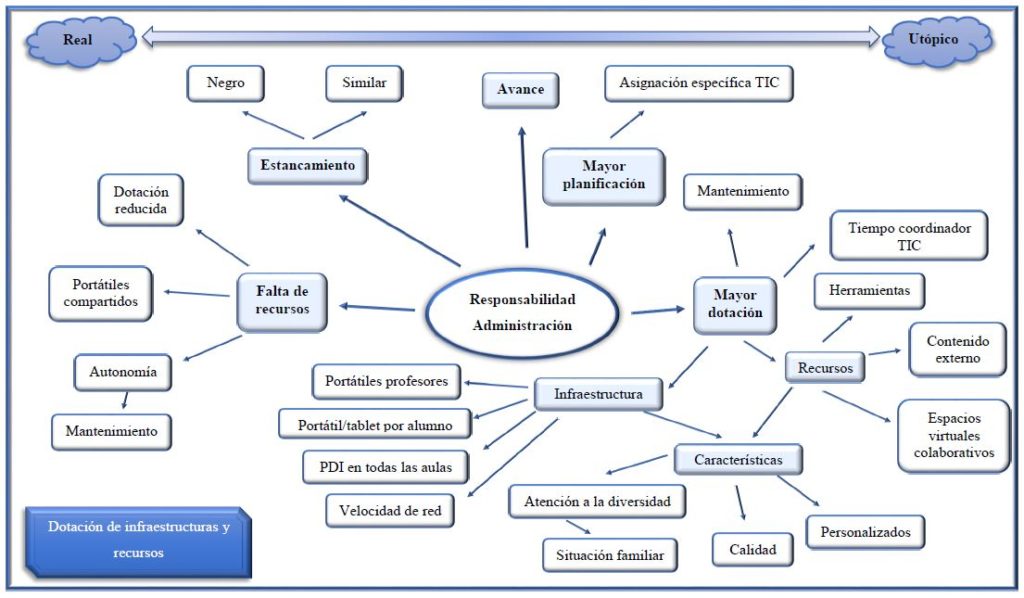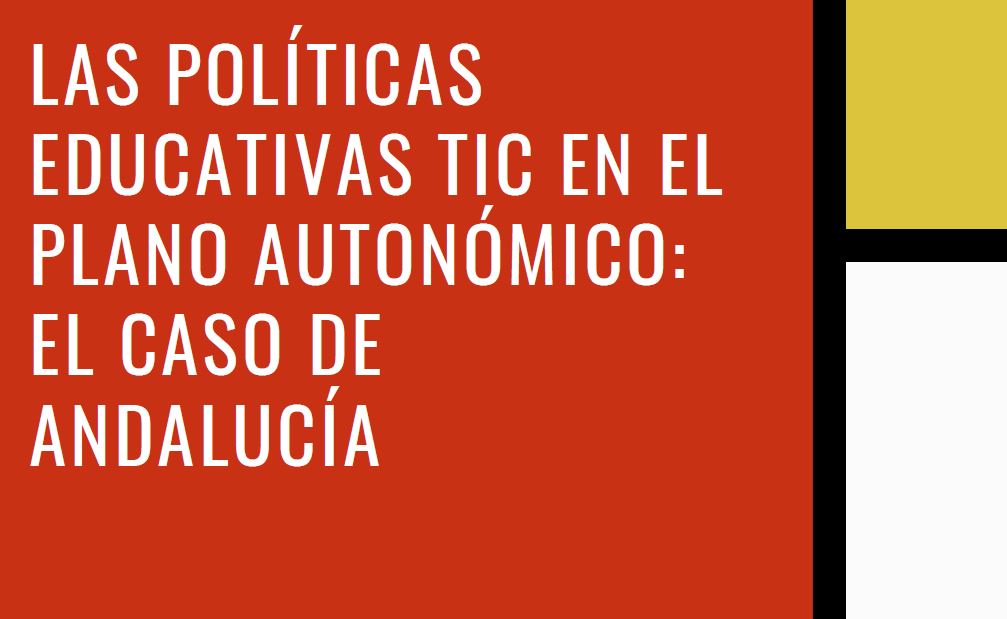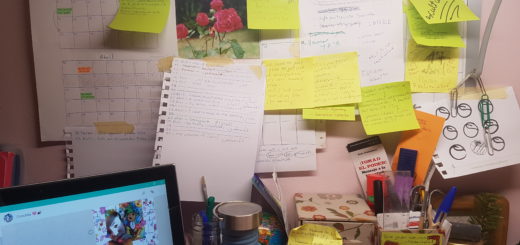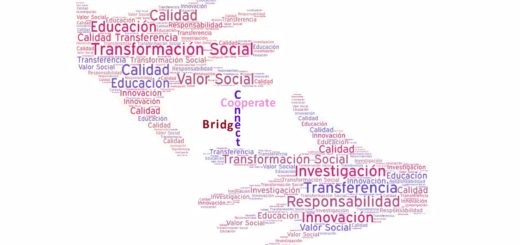What do teachers think? Giving teachers a voice in educational ICT policy
To guide the presentation of their opinions, a series of dimensions were proposed: Provision of infrastructures and resources, Organisation and functioning of the centre, Teaching-learning process, Digital materials and content, Virtual platforms, Digital divide, and, Other issues. This article summarises the teachers’ vision of the utopian future of ICT at their educational centres.
With regard to the provision of infrastructures and resources, teachers consider it important that the real needs of the educational institutions are covered, demanding a specific budget item for the acquisition and maintenance of ICT resources. On a more specific level, they agree on certain requests such as: providing all classrooms with PDI, improving the network connection at the centres, providing laptops for teachers and computers or tablets for all students, creating collaborative spaces and disseminating digital content, among others.

In the dimension on the organisation and operation of the educational institution, the teaching staff request laptops for teachers, collaborative virtual spaces for the teaching staff, better connection, faster network speed and maintenance of resources. Other requests are aimed at improving ICT training and the integration of ICT, more time for the ICT co-ordinator at the educational institution and more planning in the design of plans and programmes.
With regard to the teaching-learning process, the teachers highlight the creation of their own content by themselves, or a bank of different resources organised by the Administration. Other aspects requested are: laptop or tablet per student; PDI in all classrooms; maintenance of resources; own platform to develop the teaching-learning process; guarantee of generalised access for students; and reduction of bureaucracy.
With regard to digital materials and content, the teaching staff highlight the need for both content and infrastructures for their use, calling for a diversity of materials and training in their creation. The content desired by teachers is characterised by: being intuitive, easy to use, personalised, of high quality and attractive; serving as reinforcement and support; catering for the diversity of students; and encouraging the active role of students.
Regarding virtual platforms, they demand generalised access for the entire educational community, and it is essential that these platforms are intuitive and easy to use. Specifically, they request: platforms for the educational institutions themselves, with spaces for managing internal organisational issues and the teaching-learning process; platforms for communication with the whole educational community, from families to the administration; virtual collaborative spaces for the teaching staff; and platforms with a wide variety of ICT resources and materials, organised for easy access to them.
In the digital divide dimension, teachers demand that the administration support the situation of pupils who do not have sufficient resources. Secondly, the main demand made in relation to the gap between students and teachers is the involvement of teachers in trying to bridge the gap. Therefore, teacher awareness would lead to a greater predisposition towards ICT training, through which they would be able to reduce the existing gap. This involvement and consequent training would be the responsibility of the Administration.
Finally, in the section dedicated to other issues, one of the most frequent demands made by teachers is to be heard in the design of ICT plans and projects. The teaching staff would like their opinions and experience to be considered in this utopian future in order to be able to meet the real needs of the educational institutions. It should be noted that the opinions collected were quite extensive. This article is a brief summary of the information. For more information on the subject, please consult the full thesis.

Autora
Mercedes Llorent-Vaquero
GIETE – US






